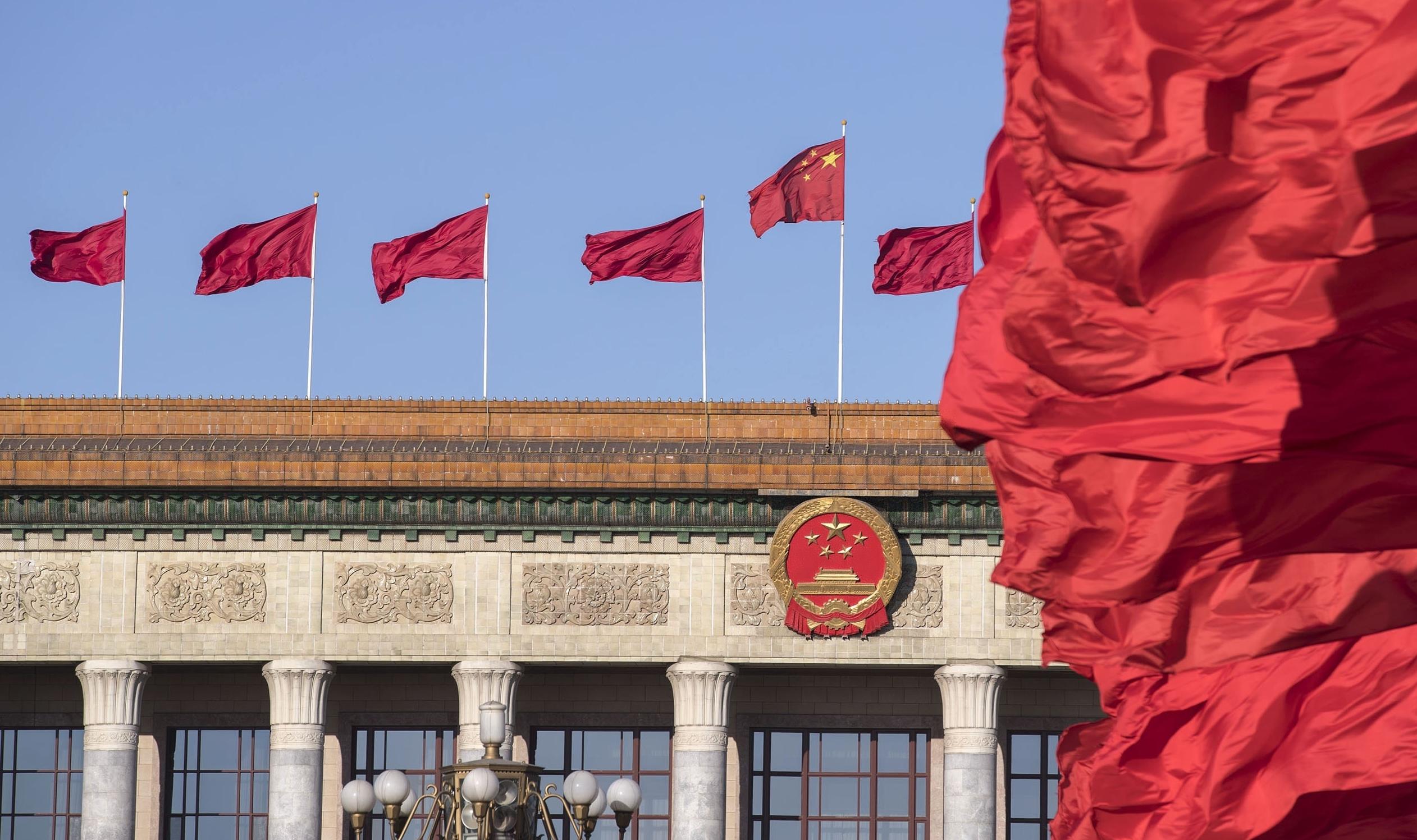
Wang Fan, Vice President, China Foreign Affairs University
Nov 06, 2017
The tone of Chinese diplomacy will be determined by domestic requirements. China needs a peaceful external environment to concentrate on its own development.
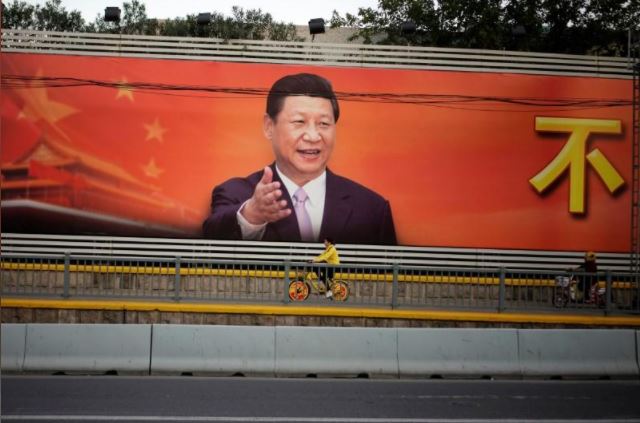
Ye Xiaowen, Deputy Director, the Culture, History and Study Commission of CPPCC
Nov 03, 2017
China is a considerate, civilized, peaceful, but strong lion.
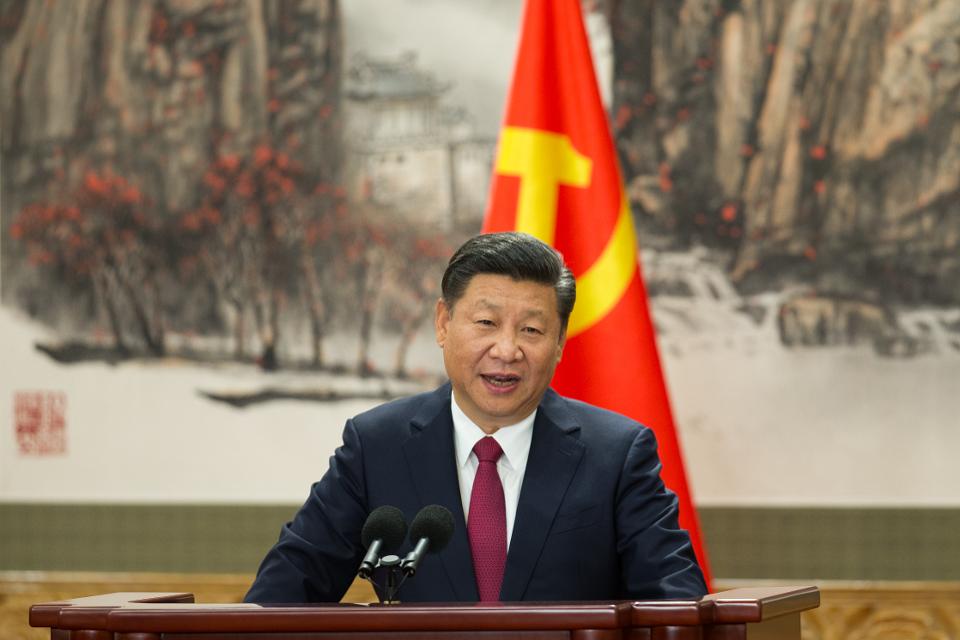
Qin Xiaoying, Research Scholar, China Foundation For Int'l and Strategic Studies
Oct 31, 2017
Media attention on the 19th CCP Congress has focused on the changes Xi Jinping announced. But also important are the things he said haven’t changed.
Oct 24, 2017
On Wednesday, President Xi Jinping opened the twice-per-decade Communist Party Congress with a 3.5 hour speech that had "something for everyone" – includ
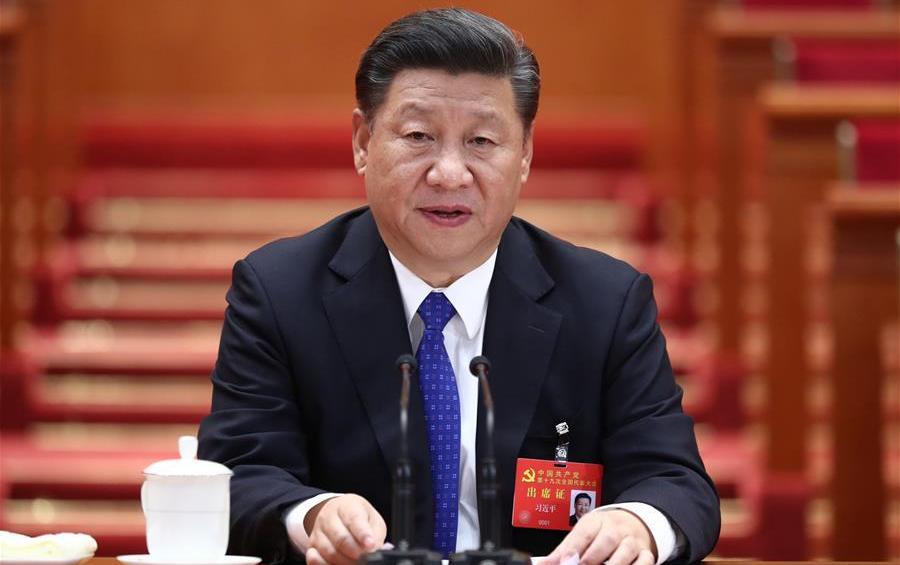
Stephen Roach, Senior Fellow, Yale University
Oct 23, 2017
China’s quinquennial Communist Party congresses are that rare event where ritual and dogma combine with introspection and strategy. The 19th National Congress, which began on October 18, is no exception.
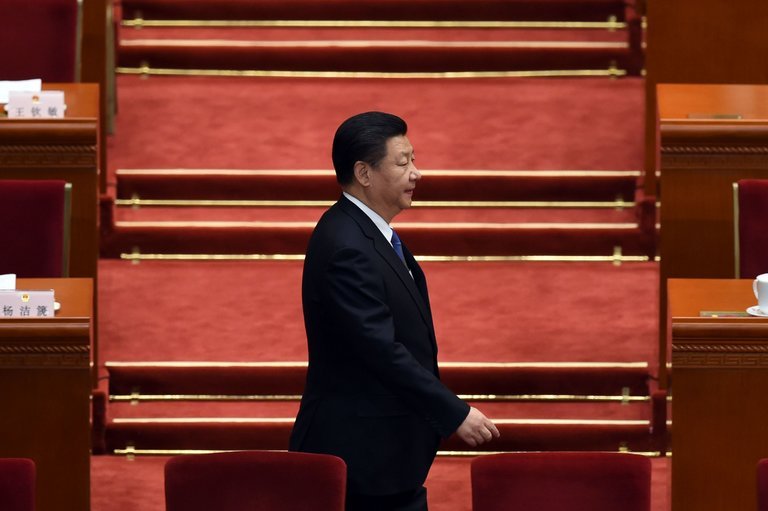
Kerry Brown, Professor of Chinese Studies, Lau China Institute at King's College, London
Oct 23, 2017
No one can complain that Xi Jinping short changed anyone on the opening day of the 19th Party Congress in Beijing on 18th October. Just shy of three and a half hours, his thirty-thousand-character oration left few spaces for listeners, inside and outside China, to fill in.
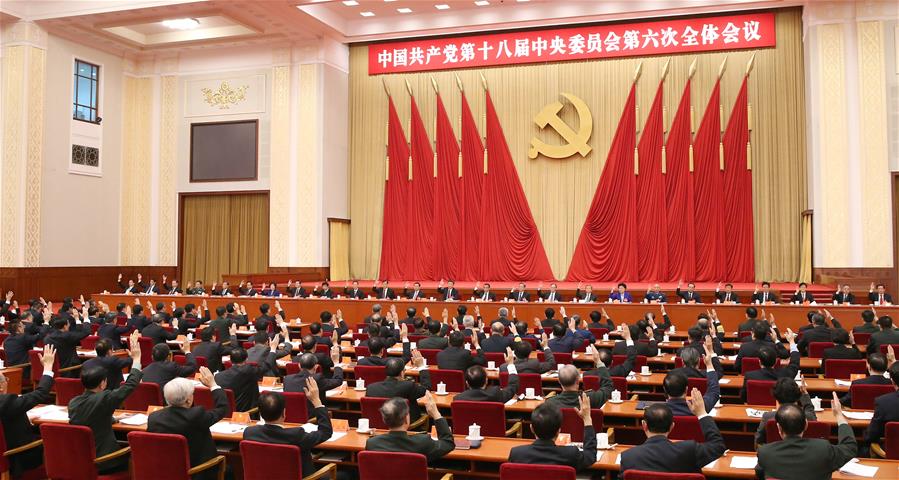
Minxin Pei, Tom and Margot Pritzker ’72 Professor of Government , Claremont McKenna College
Jul 19, 2017
The sudden and unceremonious dismissal of Chongqing’s party chief Sun Zhengcai, who was replaced by former Guizhou province party chief Chen Mine’er, is the latest illustration of the precarious political security of high-ranking members of the Chinese party-state.
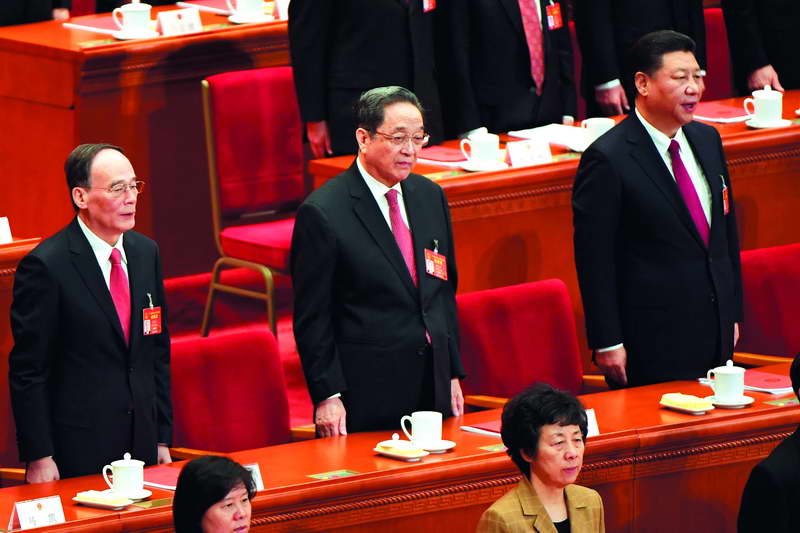
Jinghan Zeng, Senior Lecturer, Royal Holloway University of London
Jul 19, 2017
There are many uncertainties about China’s upcoming 19th Party Congress. It is too early and risky to make any bold predictions (even the date of the Congress is not confirmed), but there is still interesting speculation about the potential rule changes in age and term limits, the impacts of Guo Wengui’s allegations against Wang Qishan, and the spectre of Xi Jinping serving a third term.

Lucio Blanco Pitlo III, President of Philippine Association for Chinese Studies, and Research Fellow at Asia-Pacific Pathways to Progress Foundation
Jun 22, 2017
As things stand, with four more years of the Trump Administration, China will have the field wide open for its continued ascent into global power. However, China should be wary of the dangers posed by overconfidence, great power chauvinism and a growing sense of entitlement that unbridled nationalism and unchecked leadership may breed.
Back to Top

- China-US Focus builds trust and understanding between the U.S. and China through open dialogue among thought leaders.
- Our Offerings
- Topics
- Videos
- Podcasts
- Columnists
- Research Reports
- Focus Digest
- Stay Connected
-
Thanks for signing up!
- Get the latest stories from China-US Focus weekly.